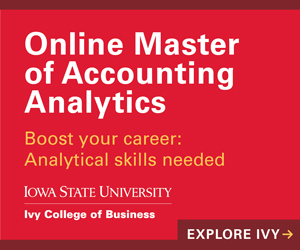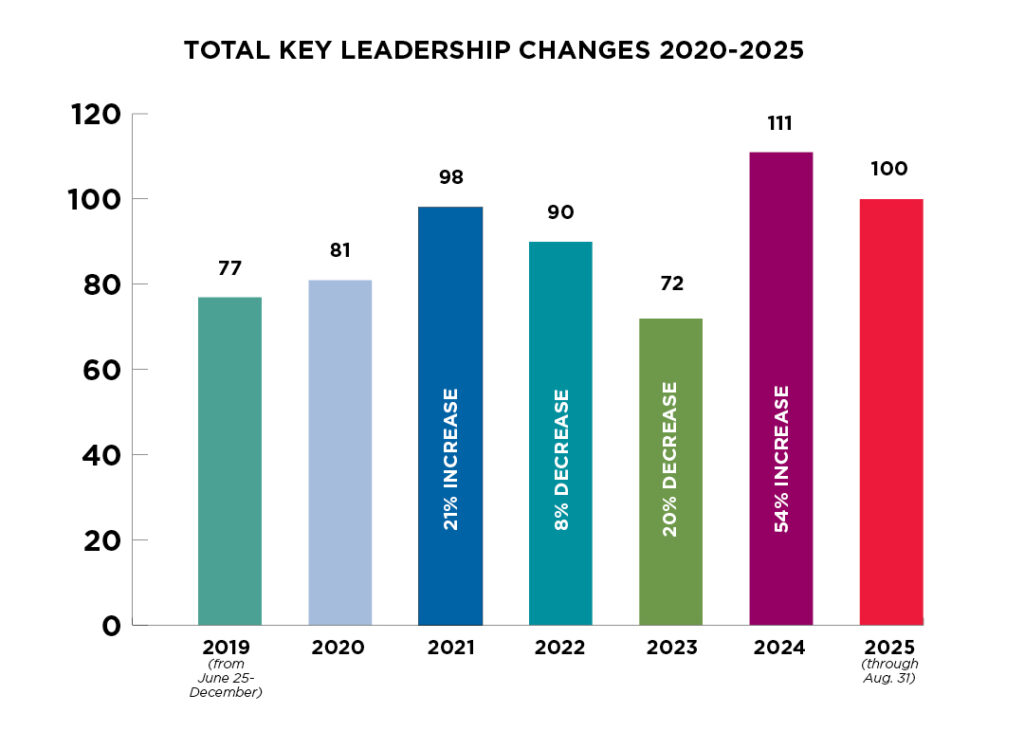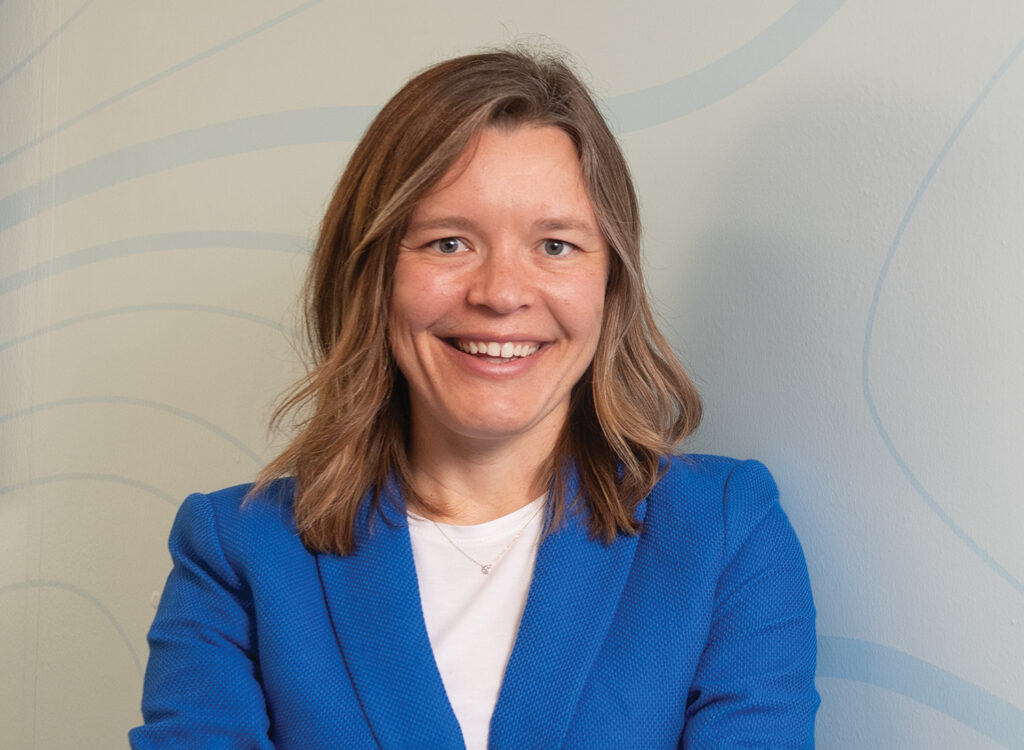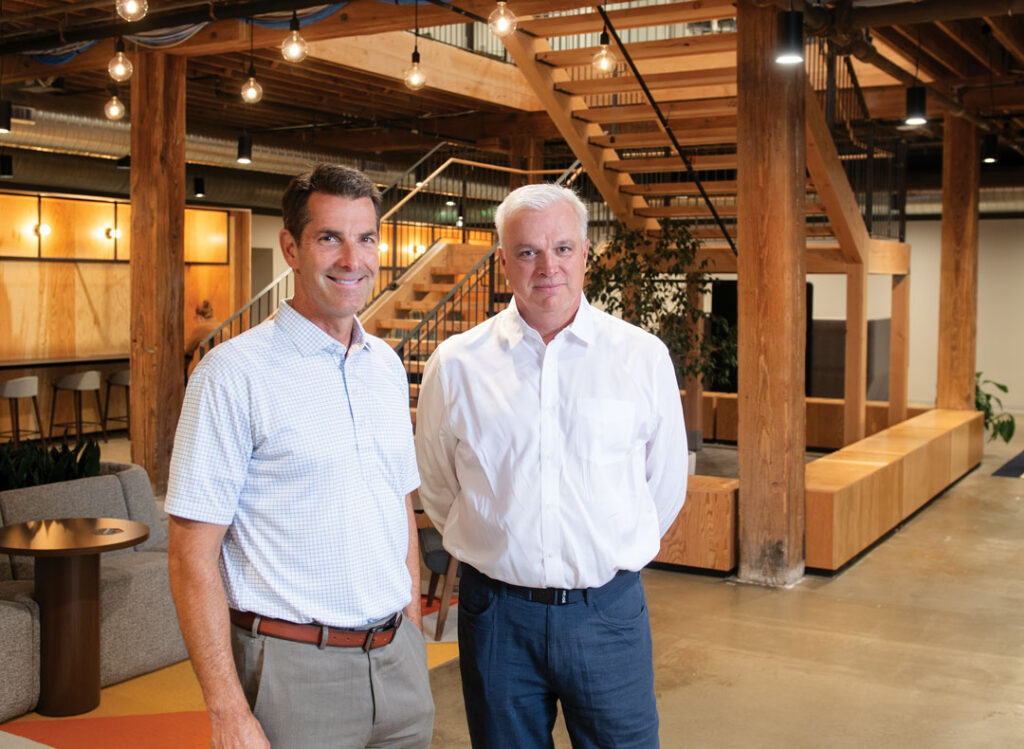Insurtech investment firm builds up portfolio
David Miles, Co-founder, ManchesterStory Group

In early 2017, Des Moines investment professionals David Miles and Matthew Kinley partnered to launch ManchesterStory Group. The new venture capital firm has established a foothold with initial investments in the insurance technology sector, along with an eye on promising financial technology and health care technology startups. In less than two years, the West Des Moines firm has attracted just under $50 million in capital from investors toward a $125 million funding goal. ManchesterStory last year reviewed some 500 potential deals and to date has invested in six startups that are spread across the United States.
Among its portfolio companies, which so far have predominantly been within the insurtech orbit, is Groundspeed Analytics, a Michigan-based firm that developed an application for applying machine learning to handling claims-related information for the property-casualty insurance industry.
Coincidentally, Groundspeed was the first investment that ManchesterStory made in March 2017, and earlier this year the young company reached a significant milestone in announcing a $30 million financing round to support the next leg of its growth, and has grown its top-line revenues significantly in the past year.
Eight of ManchesterStory’s institutional investors are insurance companies, a fact that Miles and Kinley believe differentiate the firm from other venture capital firms. “It brings dual benefits to the insurance carriers that commit to the fund,” Miles said. “They have the potential for a financial return, but they also have the opportunity to get a window into the world of innovation in insurance, financial services and health care. For us, we think we get an investment edge because we have this level of engagement with all of these insurance companies who know their industry.”
Incidentally, the firm’s name is a combination of Kinley’s hometown of Manchester with Miles’ hometown of Story City.
Miles and Kinley make all of the investment decisions jointly, supported by a team that currently includes two other investment professionals and an administrative assistant. Miles is also chairman of Miles Capital Inc. in Des Moines. Before co-founding ManchesterStory Group, Kinley was executive vice president of Pappajohn Capital Resources and Equity Dynamics in Des Moines, where he worked for more than two decades.
I sat down recently with Miles for an update on the firm and its portfolio, and to gain some insights into what they have brought to the venture capital table across the country.
Has the economy been beneficial for investors seeking insurtech deals?
It has been. You know, extreme swings in the economy make it difficult. It’s a really good time to invest, which can mean prices are low and it’s harder for the companies to get traction and for them to grow. The flip side is, if the economy is really going, the companies have a better chance to grow, but valuations can be higher. This is really a pretty good environment; the economy is sufficiently strong; there is a lot of motivation to advance technology for insurance.
What underlying trends are driving insurers to partner with firms like yours?
We hear more and more frequently from carriers about issues in digitizing their business, and insurance is a bit behind the curve in becoming a digital business. One of the biggest challenges they have is all the technological demands just keeping their current business operating. So I would say the majority are reaching a conclusion that at least a part of their strategy should be to partner with entrepreneurs outside the company who can focus singularly on taking the next step forward in advancing insurance-related technology, rather than trying to do it internally along with all the other things they ask their tech teams to tackle.
Is ManchesterStory the lead investor in most of these deals?
Historically, Matt’s background with John Pappajohn [with Pappajohn Capital Resources and Equity Dynamics] is that they have been lead investors about two-thirds of the time. That’s kind of what we think we’ll end up doing in this fund. At this point, we’ve been the lead in four of six deals.
Any Iowa companies you’re invested in?
At this point, all of them are outside of Iowa, which is not what we expected to occur. But by the time we’re done, we expect to have some local companies because we have a great relationship with the Global Insurance Accelerator. We think they’re doing tremendous things and bringing great quality firms here. There are good quality insurtechs based in Des Moines, and we are very supportive of that ecosystem.
How far along is the fund toward its $125 million goal?
We’re just a little less than $50 million right now, and we feel good about that. We’re feeling good about our investor-partners. Eight of our investors are insurance carriers; we were at five when we launched the fund, and now we have eight. For us, we think we get an investment edge because we have this level of engagement with all of these insurance companies who know their industry.
How do you hope to see the portfolio fill out in the next couple of years?
Our investment strategy is fairly concentrated, fairly high conviction. By that we mean probably a couple of dozen companies that we would back. So we would be the lead investor in about 18 of those. Probably most of that will be in insurtech, because eight of our backers are insurance companies. With the return expectations out there for venture capital type of investments, one has to be investing in companies where you think there’s a significant upside if they perform well. So you’re looking for good ideas backed by a team that is capable of delivering. And oh, by the way, even though they completely invested in that idea, we’re almost certain it won’t end up being exactly that — which is one of the real challenges of being an entrepreneur.
What’s the end goal for the portfolio companies?
We believe that most of them will end up being acquired. We always identify strategic players that would be logical buyers for our companies before we invest. And that buyer is typically buying them because they have a network of customer relationships to help them accelerate their growth even faster. … We go in saying we’re going to build a great company, and as we build a great company, there will come a time when the best way for them to take it to the next leg of growth is to partner with the right group.
Would you have felt comfortable investing in a company like Tesla?
Our experience tells us that hardware of any kind is really hard [to do]. Until something works, it doesn’t work. You can run all kinds of estimates of how long it’s going to take, how much money, who do we need to hire, but you don’t ever know for sure. When I think about Tesla, I think about the early days when they were going to have this fancy sports car driven around on batteries. They were taking that kind of risk, which is impressive. In addition to all the commercial challenges they have now, there was just that pure technology risk — will it even work? And they’re really capital-intensive. What we tend to invest in are less capital-intensive businesses. There may be a reason why we’re not doing automotive tech. … But I think there is some really interesting hardware devices in the health care and insurtech [sectors].









